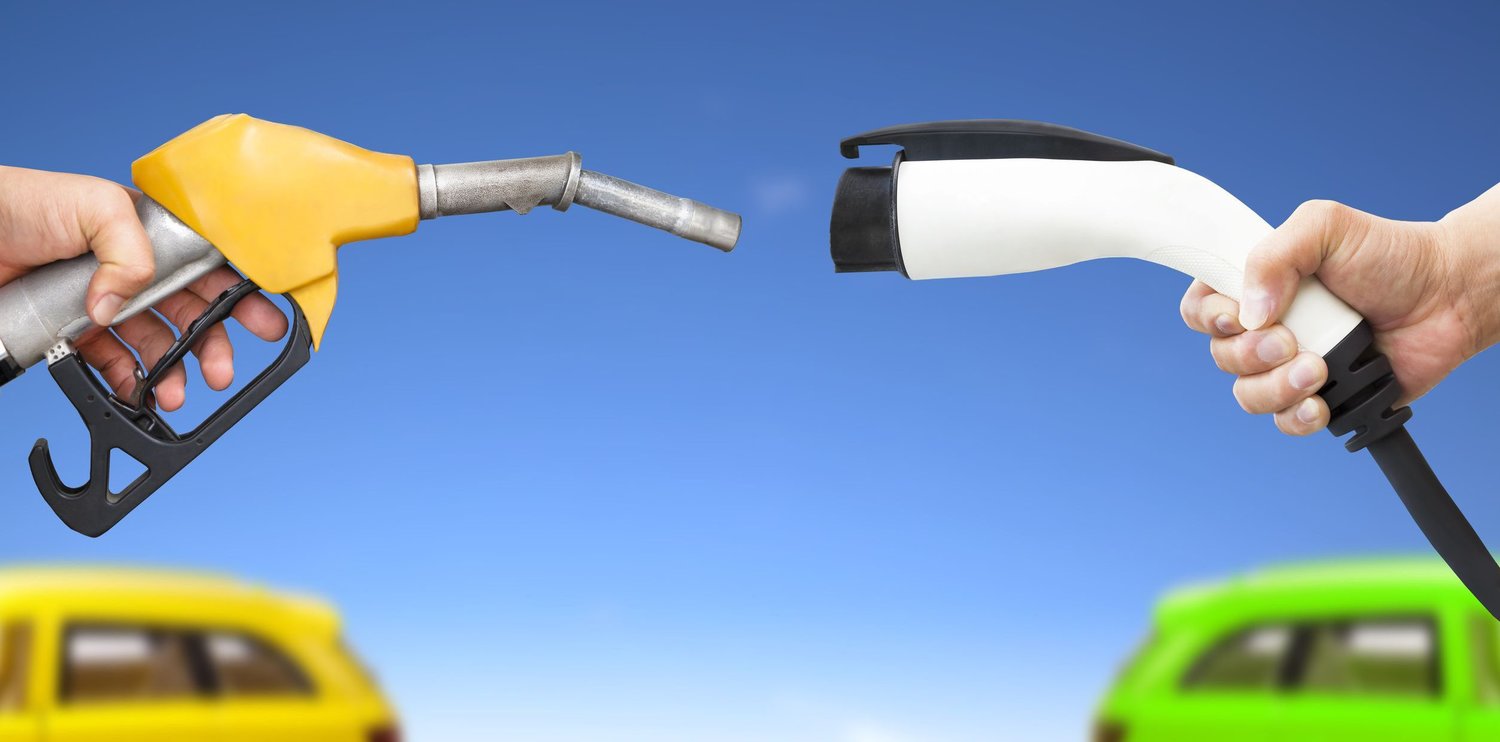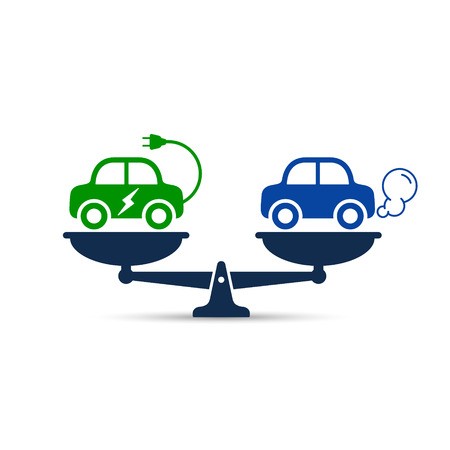what are the ways for modern diesel engines to save energy and reduce emissions?

With the promotion and vigorous publicity and development of new energy vehicles in various countries, the proportion of new energy vehicles in the world is now increasing year by year. Under such a world development form, new energy vehicles are receiving more and more attention, and the consumer usage rate is getting higher and higher. Faced with such a social background and the form of the automobile market, will it have an impact on the fuel market?
Diesel engines are currently the most common fuel combustion engine and are widely used in various machineries such as tractors, trains, bulldozers, and submarines. Compared with gasoline engines, diesel engines are simpler, more efficient, and more economical. Because diesel fuel is less volatile than gasoline, and steam is also less explosive than gasoline, diesel engines are safer than gasoline engines.
Different from gasoline engines, diesel engines are particularly suitable for low-speed driving and heavy-duty working environments. Freight ships, tractors, trucks, buses, and locomotives usually choose diesel engines. A higher compression ratio means that the components of diesel engines must withstand greater stress and strain than gasoline engines. This is why diesel engines need to become heavier and heavier, and for this reason, diesel engines are generally only used to drive large vehicles and machines. Although heavyweight may seem like a disadvantage, it also means that diesel engines are usually more powerful and have longer battery life.
Pollution is one of the biggest disadvantages of diesel engines: they are noisy and produce a large number of unburned soot particles, which seriously pollute the environment and cause harm to the human body. In theory, diesel engines are more efficient. They should be able to use less fuel and produce less carbon dioxide emissions to slow the phenomenon of global warming. But in fact, whether diesel engines really have these advantages is controversial. Some laboratory tests have proved that the average emissions of diesel engines are only slightly lower than those of gasoline engines, but manufacturers insist that if you compare similar diesel cars and gasoline cars, diesel engines will indeed be better.

According to the British Association of Automobile Manufacturers and Traders, ‘Diesel vehicles have reduced a lot of CO2 emissions. Since 2002, buyers who choose diesel engines have saved nearly 3 million tons of carbon dioxide into the atmosphere.’ Since the mid-1990s, major European automobile companies vigorously developed diesel engine technology and gradually promoted it to consumers. At present, more than two-thirds of cars use diesel engines. Although the cost of a diesel engine is often higher than that of a gasoline engine, the operating cost of a diesel engine is lower and the operating life is longer. Taking into account, in fact, the cost of the two is actually not much different.
There is no doubt that diesel engines will continue to power heavy vehicles, but their future in automobiles and light vehicles is becoming increasingly uncertain. The promotion of electric vehicles has strongly promoted the development of gasoline engines, which will become lighter, more economical, and more environmentally friendly. These improvements will undoubtedly destroy some of the advantages of diesel engines used in automobiles.
The competition between the increasingly recognized electric cars and the ever-improving gasoline cars is increasingly fierce, and diesel engines may be completely excluded. However, the diesel engine itself is also constantly developing. As early as 2011, the US Department of Energy predicted that the efficiency of diesel engines would increase from 40% to 60% or more in the future. If this prediction is realized, diesel engines will still be able to occupy a place in future competition.